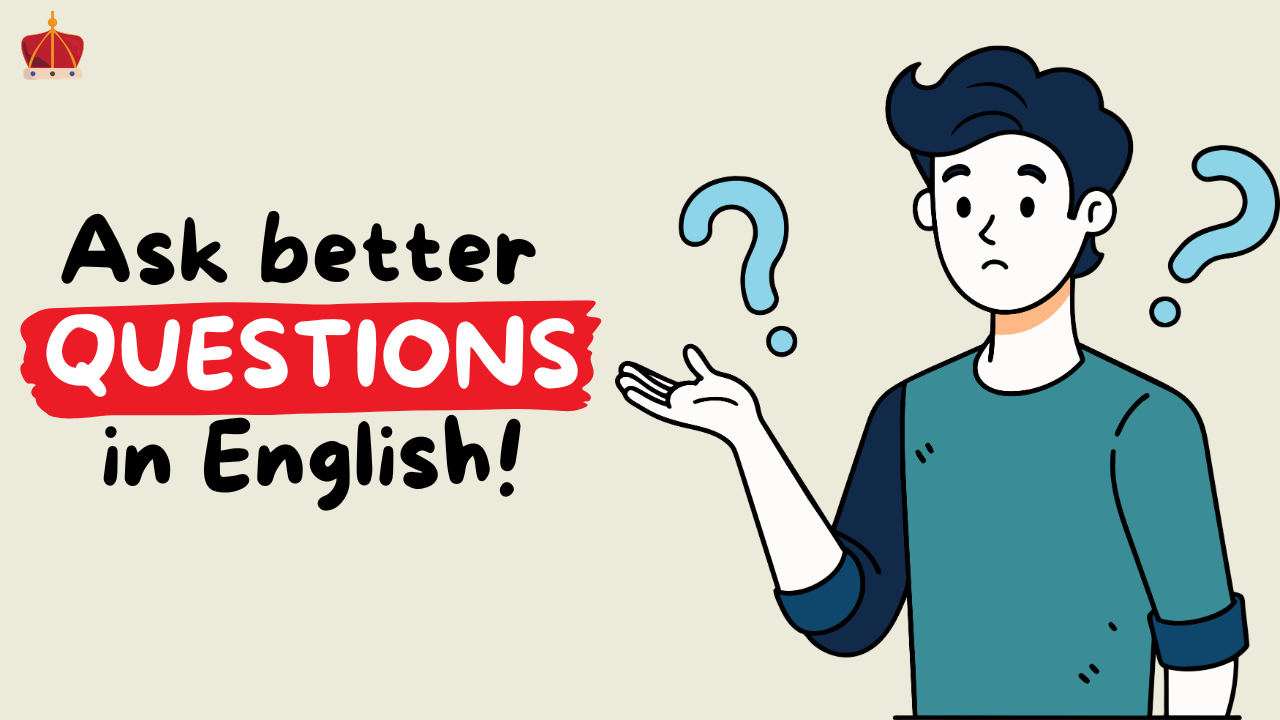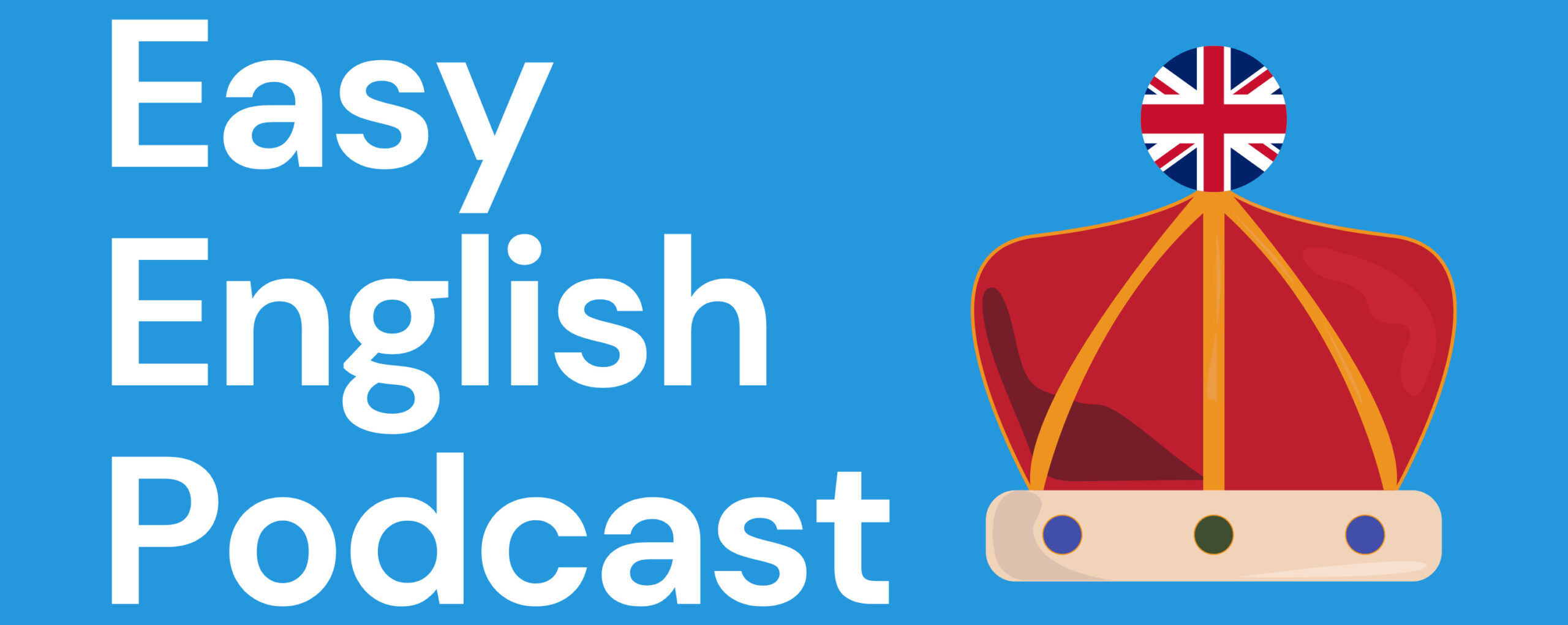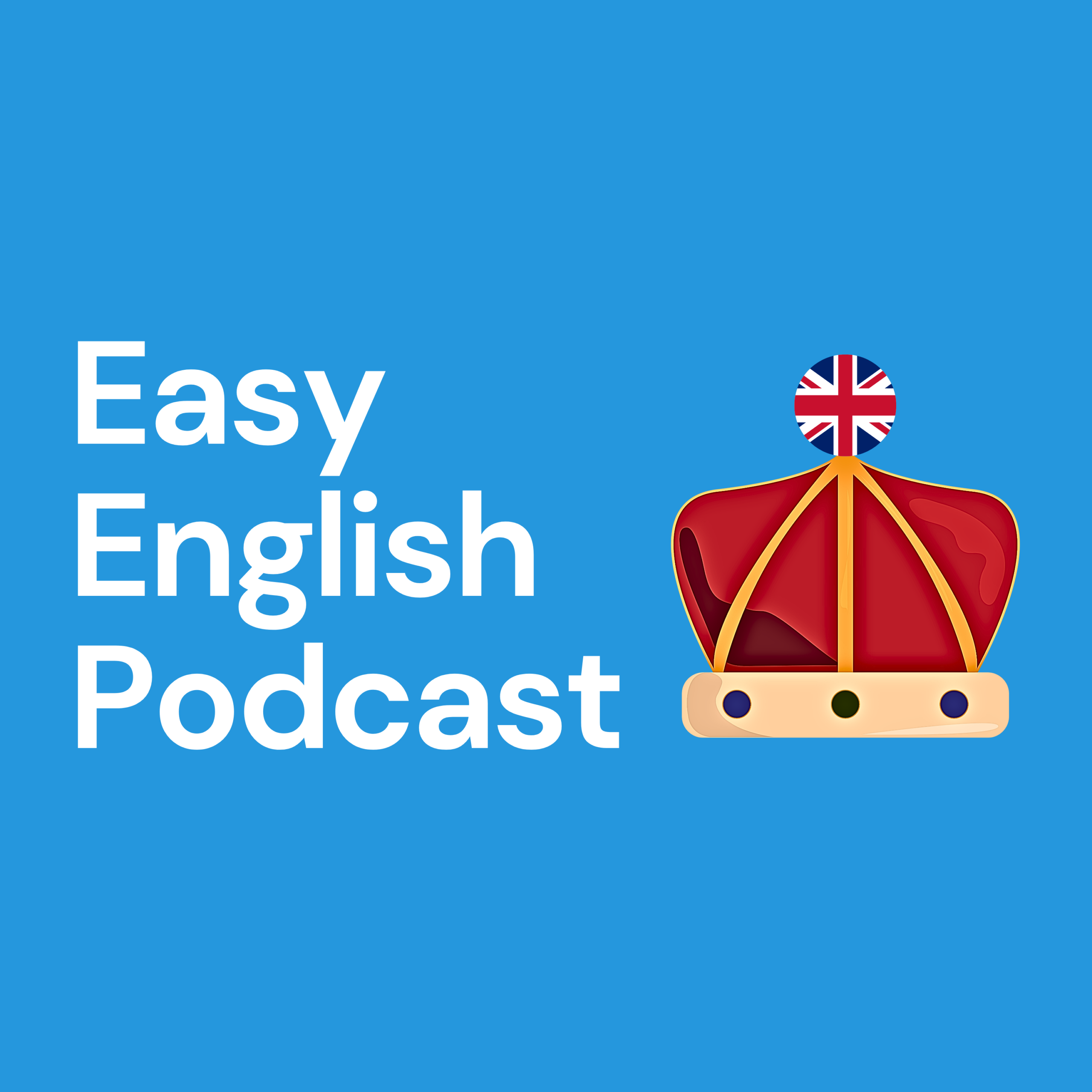
The Art of Asking Questions – Vocabulary & Study
Welcome to the vocabulary support page for our latest Easy English podcast episode on “The Art of Asking Questions”! Here you’ll find the key vocabulary introduced at the beginning of the episode, along with some exercises and questions to help you practice and understand the topic better.
Key Vocabulary:
- Clarify (verb): To make something clearer or easier to understand.
- Example from the podcast: “Could you clarify the difference between ‘affect’ and ‘effect’?”
- Simple Explanation: To explain something in a way that is not confusing.
- Elaborate (verb): To give more details or information about something.
- Example from the podcast: “Could you elaborate on how to use the present perfect continuous tense?”
- Simple Explanation: To say more about something, to add more information.
- Concise (adjective): Short and to the point, without unnecessary words.
- Example from the podcast: “A good question is often concise.”
- Simple Explanation: Using few words to say what you need to say.
- Vague (adjective): Not clear or specific.
- Example from the podcast: “Vague questions might not get you the answers you need.”
- Simple Explanation: Not clear, not detailed, difficult to understand exactly.
- Insightful (adjective): Showing a good understanding of the topic and able to see things clearly.
- Example from the podcast: “An insightful question shows a good understanding of the topic…”
- Simple Explanation: Showing that you understand something well.
Vocabulary Exercises:
Exercise 1: Matching Definitions
Match the vocabulary word on the left with its correct definition on the right.
- Clarify (a) Short and to the point
- Elaborate (b) Not clear or specific
- Concise (c) To make something easier to understand
- Vague (d) Showing a good understanding
- Insightful (e) To give more details
(Answer Key: 1-c, 2-e, 3-a, 4-b, 5-d)
Exercise 2: Fill in the Blanks
Complete the following sentences using the key vocabulary words.
- The instructions were so ________ that I didn’t know what to do.
- Could you ________ on why you think that’s the best approach?
- The speaker tried to ________ his point by giving more examples.
- A good summary should be ________ and easy to understand.
- Her question about the history of the building was very ________.
(Answer Key: 1-vague, 2-elaborate, 3-clarify, 4-concise, 5-insightful)
Questions Related to the Podcast:
- According to Oliver, why is asking questions important for English learners?
- What are some examples of “wh-” questions mentioned in the podcast? Why are these types of questions useful?
- What is a “vague” question, and why is it not very helpful? Can you think of another example of a vague question?
- Oliver gives an example of being lost while traveling. What kind of questions does he suggest asking in this situation? Why are these better than simple yes/no questions?
- What are three tips Oliver gives for asking good questions effectively?
- What does Oliver say an “insightful” question shows about the person asking it? Can you think of an example of an insightful question about learning English?
- Reflect on your own experience learning English. Can you remember a time when asking a question really helped you understand something better?
Discussion Points (for comments section or personal reflection):
- Do you find it easy or difficult to ask questions when you are learning English? Why?
- What strategies do you use when you don’t understand something in English?
- Have you ever asked an “insightful” question that led to a deeper understanding? What was it?
We hope this vocabulary list and these exercises help you get the most out of our episode on the art of asking questions. Keep practicing, and don’t be afraid to ask!

